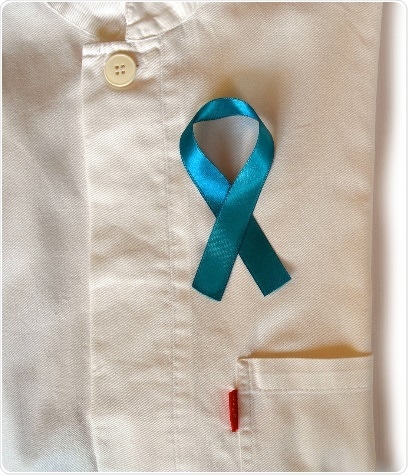Mar 13 2019
A new risk model, easily accessible on a web interface, can predict the survival of non-metastatic prostate cancer patients, as well as the effect of different treatment approaches on survival. The modeling approach, developed by David Thurtle of the University of Cambridge, UK, and colleagues, is described this week in PLOS Medicine.

Credit: marijana1, Pixabay
Among men with non-metastatic prostate cancer, a number of treatment options may be appropriate, ranging from “watchful waiting” to surgery and aggressive therapies. Prognosticating prostate cancer-specific mortality, all-cause mortality, and the impact of treatment are of crucial importance to inform decision making and avoid over-treatment of indolent disease and under-treatment of aggressive disease. In the new study, researchers developed the PREDICT Prostate model, using data from the UK National Cancer Registration and Analysis Service on 10,089 men diagnosed with non-metastatic prostate cancer between 2000 and 2010 in Eastern England as well as 2,546 men diagnosed in Singapore. The model—estimating 10- and 15-year survival outcomes—was constructed and validated using the men’s age, level of PSA (prostate specific antigen), tumor histological grade, biopsy core involvement, disease stage and primary treatment.
The new PREDICT Prostate risk model predicted survival outcomes with concordance indices up to 0.84 (95% CI: 0.82–0.86). There were no significant differences between predicted and observed prostate-cancer-specific or overall deaths in the UK dataset. However, the study was limited by a relatively small external validation cohort and the inability to account for delayed changes to treatment beyond 12 months.
“The model does not require any additional tests beyond standard of care, and is freely available for use,” the authors say, adding that it “has the potential to enable well-informed and standardized decision-making and reduce both over- and under-treatment.”